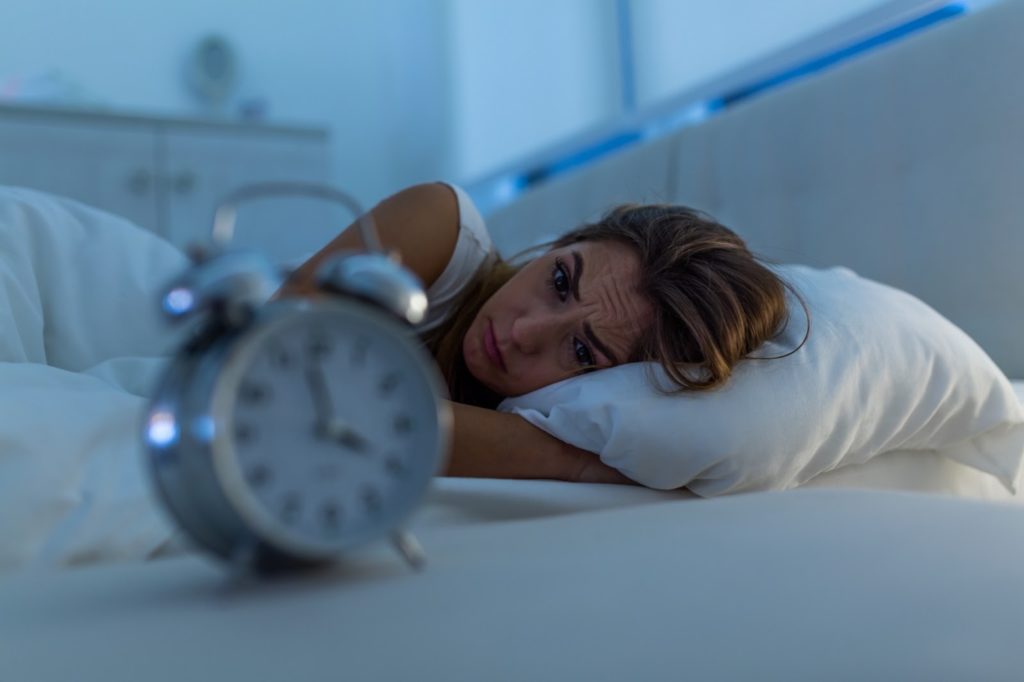
Coffee is one of the most popular beverages worldwide. From sipping on your warm morning cup of joe as a nice compliment to your breakfast to grabbing an iced coffee as an afternoon pick-me-up in the middle of a hectic workday, coffee, for most, is a daily indulgence.
Because most people drink coffee to feel more awake due to its caffeine aspect, drinking coffee, especially the caffeinated variety, is often frowned upon before bedtime. In fact, it can lead to insomnia, difficulty falling and staying asleep, and other health illnesses and conditions when consumed in large amounts.
Consuming decaf coffee before bed, for many, is no different. However, it can cause the same sleep issues as its caffeine counterpart, so we recommend avoiding caffeine consumption completely before bedtime to ensure your body and mind are ready for a full night of sleep.
Many people want to enjoy the taste of coffee but hope to limit their caffeine intake due to personal or health reasons. For them, decaf coffee is a great option.
Decaf is short for decaffeinated, meaning it is coffee that does not contain caffeine, a stimulant to cause you to feel more awake.
Decaf coffee is made from standard coffee beans with a portion of their caffeine removed.
Although decaf coffee has long been marketed as completely caffeine-free, that’s simply not the case. All coffee, even decaf, contains traces of caffeine. The difference between caffeinated and decaffeinated coffee is the amount of caffeine per cup.
Decaf coffee is produced with up to 97% less caffeine than a standard cup of coffee. While a typical cup of coffee contains around 95 mg of caffeine, decaf coffee contains only 2 mg.
Consuming decaf coffee as part of a standard daily diet is not typically harmful. Balance is key.
The U.S. Food and Drug Administration states that a healthy adult can consume about 400 mg of caffeine per day with no residual health or major side effects. This equates to about 4-5 cups of regular coffee, but it is important to note that caffeine can be found in other food and beverages outside of coffee.
It is also vital to understand that caffeine tolerance varies by person, with some being more sensitive than others.
The short answer is: it depends, but we don’t recommend it.
Consuming any amount of caffeine before bedtime can be detrimental to the quality of your sleep. Because caffeine is a stimulant, it will cause you to feel more awake when consumed.
In general, it takes your body about 4 to 6 hours to metabolize half of what you’ve consumed, meaning that a cup of coffee, even decaf, at dinnertime can cause sleep issues hours after you’ve taken your last sip.
Although it may be okay to drink coffee before bed, we don’t think enjoying the warm beverage trumps the risk of staying up all night or disrupting your sleep pattern.
If you’re going to enjoy coffee, do so in the morning or early afternoon.
At PVHC, we understand that new or worsening insomnia can be worrisome and problematic. Sleep disorders can wreak havoc on your life.
If you are experiencing constant sleep issues, even after nixing caffeine from your diet, don’t delay treatment; visit us today to get the professional help you need to fall asleep and stay asleep, helping you function better throughout the day.




